Airlines on the lookout for pilots
Aviation sector also facing shortage of other airline staff in growing industry
PETALING JAYA: With new routes and increasing demand for air travel, airlines in the country are scrambling to expand and meet this challenge.
But while the aviation sector is going full throttle towards pre-Covid-19 levels, there is now a manpower shortage for both pilots and other airline staff, say those in the field.
This shortage has not reached critical levels yet and is due to retirements and previous layoffs during the lockdowns, alongside the fast growth rate of the sector post-pandemic.
Malaysian Pilots Association president Captain Prof Ab Manan Mansor said there was increasing demand for aviation personnel, especially pilots.
He said there was at least a 20% increase compared to 2019.
ALSO READ: Gearing up for anticipated air travel surge
“There is a high demand for pilots both regionally and in the Middle East. The four-year lapse saw many pilots not being trained due to the pandemic.
“This resulted in the industry not being able to fill the gap by those who had gone into retirement,” said Ab Manan, who is also University College of Aviation Malaysia chairman.
The demand for other aviation personnel, especially those in the engineering sector, is also increasing, Ab Manan said.
“The region, especially Singapore, has become a hub for maintenance repair and overhaul, and they are looking for personnel from Malaysia,” he said.
Ab Manan said there is also increased demand for cabin crew.
“Airlines need cabin crew before the aircraft can fly.”
A pilot at a domestic airline who wanted to be known only as Sebastian said the shortage was due to airlines accelerating towards pre-pandemic times.
He also attributed the shortage to instances where senior pilots retired when there were restrictions on travel while others had to be laid off.
“There are definitely not enough pilots especially with flight frequencies increasing,” he said.
Sebastian said that whenever pilots were rostered on standby during the pre-pandemic period in 2019, the chances of being called to work weren’t as high.
“But now, there’s a much higher chance of being recalled,” he said.
Sebastian pointed out that he noticed more “new faces” taking up airline positions and that it was “very encouraging”.
Similarly, a first officer at another domestic airline who wanted to be known as Wong concurred, saying the shortage mainly stemmed from layoffs during the lockdowns.
“Now, everyone is scrambling to hire, due to the various expansion plans laid out.
“During peak periods, the chances of being recalled for duty are also very high to accommodate flight frequencies,” said Wong.
The Malaysian Flying Academy said they consistently had a steady influx of trainee pilots across all intakes, suggesting increased demand.
The Academy’s Accountable Manager Captain Shantanu Roy highlighted the positive outlook for the industry, citing expansion plans by domestic airlines.
“The need for new pilots is anticipated to be a continual and vital aspect of their long-term growth strategy,” he said.
He added that the Malaysian Flying Academy’s most in-demand course was currently the Commercial Pilot Licence/Instrument Rating (with Frozen Airline Transport Pilot Licence).
“Most aspirants take this course as it is the minimum qualification airlines need to hire pilots,” he said.
He said projections made by the Malaysian Aviation Commission and Transport Ministry pointed towards a significant growth in passenger traffic, with quarterly records highlighting the aviation industry’s resilience while collaborative efforts and a promising global outlook had bolstered the aviation sector’s recovery process.
“The above factors collectively paint an optimistic picture for Malaysia’s aviation sector, suggesting a robust comeback and increased opportunities for trained pilots in the near future,” he said.
“However, the prevailing economic and political conditions in the region and globally could influence aspiring pilots’ decisions,” Shantanu added.
He advised aspiring pilots to do their research thoroughly when it comes to understanding the demand, training costs, licensing requirements and career realities.
“Focus on building resilience, adapting to pressure, and continuously learning.
“Being a pilot requires dedication, commitment and a genuine love for flying,” he said.


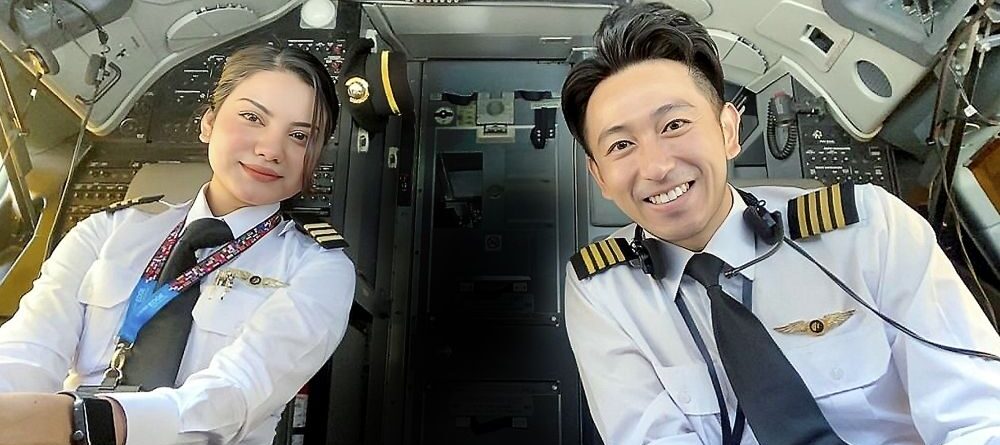


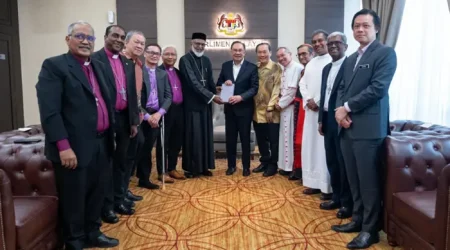
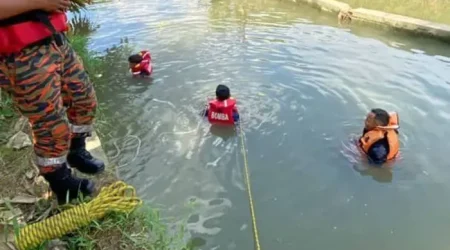
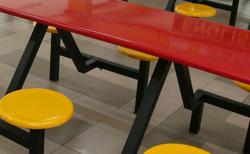


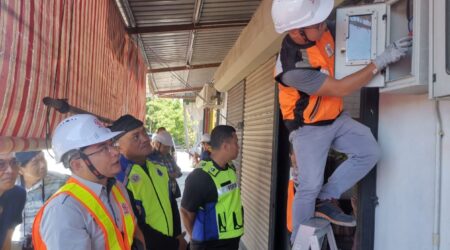
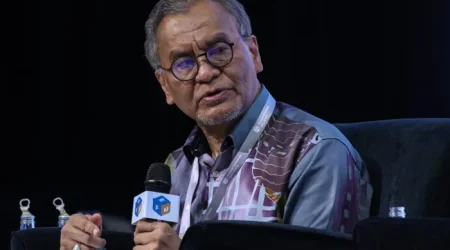

Leave a Reply